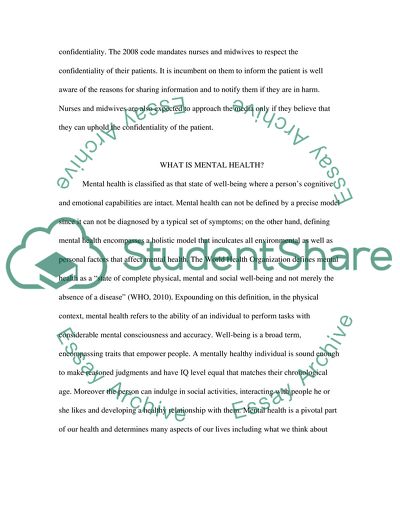Cite this document
(The Basic Mental Health Issues That Are Rampant in the UK Coursework, n.d.)
The Basic Mental Health Issues That Are Rampant in the UK Coursework. Retrieved from https://studentshare.org/health-sciences-medicine/1738530-what-is-mental-health
The Basic Mental Health Issues That Are Rampant in the UK Coursework. Retrieved from https://studentshare.org/health-sciences-medicine/1738530-what-is-mental-health
(The Basic Mental Health Issues That Are Rampant in the UK Coursework)
The Basic Mental Health Issues That Are Rampant in the UK Coursework. https://studentshare.org/health-sciences-medicine/1738530-what-is-mental-health.
The Basic Mental Health Issues That Are Rampant in the UK Coursework. https://studentshare.org/health-sciences-medicine/1738530-what-is-mental-health.
“The Basic Mental Health Issues That Are Rampant in the UK Coursework”, n.d. https://studentshare.org/health-sciences-medicine/1738530-what-is-mental-health.


